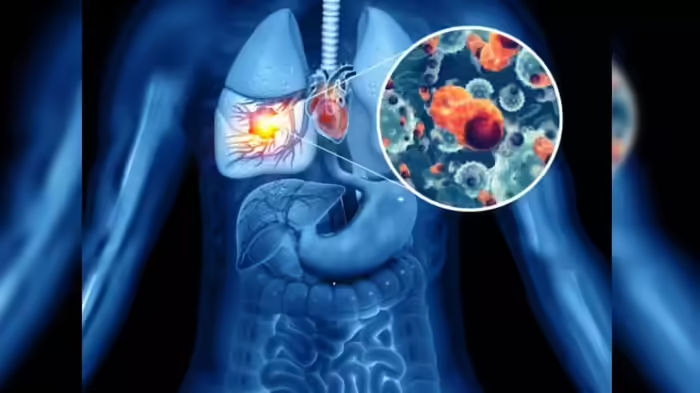
Bihar, already among the worst-affected states in terms of air quality during winter, is now battling an even deeper crisis—severely contaminated groundwater that is accelerating the rise in lung cancer cases, especially among non-smokers. This alarming trend was highlighted on Sunday by Dr. Tarkeshwar Tiwari, Senior Pulmonologist at Welspun Hospital, USA.
Dangerous Mix of Pollution and Toxic Water
According to Dr. Tiwari, who is currently visiting his hometown in Sonbarsa, Buxar, air pollution combined with widespread contamination in food, water, and daily-use items has led to a sharp increase in lung cancer cases across India. Bihar, he said, stands at a particularly vulnerable point due to its toxic winter air and high levels of arsenic in its groundwater.
Arsenic Contamination Across 18 Districts
Dr. Tiwari revealed that more than 18 districts in Bihar—including Buxar, Bhojpur, and Patna—have reported serious arsenic contamination in groundwater. The toxic metal is now entering the local food chain:
- Vegetables
- Milk
- Soil and crops
- Household water
This long-term exposure, he warned, is directly contributing to rising cancer cases involving the lungs and other organs. “Poor lifestyle conditions, pollution, and contaminated water supply have created a dangerous health environment,” he said.
Pollution Changing Lung Cells in Non-Smokers
A recent study published in The Lancet eClinicalMedicine found that most lung cancer patients in India are non-smokers, with prolonged exposure to polluted air being the primary cause. More than 15 million people in India are estimated to be affected by lung cancer.
Dr. Tiwari explained that fine particulate matter—especially PM2.5—penetrates deep into the lungs and gradually alters lung cells, triggering cancer. “Adenocarcinoma has now become the most common type of lung cancer among non-smokers,” he added.
Declining Food Quality and Ineffective Medication
He further stressed that excessive use of fertilizers and pesticides has made pure and chemical-free food almost impossible to obtain today, worsening health outcomes. Pollution, he said, also reduces the effectiveness of medicines as patients’ bodies become more compromised.
Severe Gaps in Bihar’s Healthcare System
Dr. Tiwari also pointed out critical deficiencies in Bihar’s healthcare infrastructure, including:
- Shortage of trained specialists
- Poor availability of early screening facilities
- Lack of proper cancer diagnostic systems
- Insufficient awareness about pollution-linked diseases
He urged state authorities to address these gaps on priority, warning that the situation could worsen significantly if timely action is not taken.
Discover more from SD NEWS agency
Subscribe to get the latest posts sent to your email.